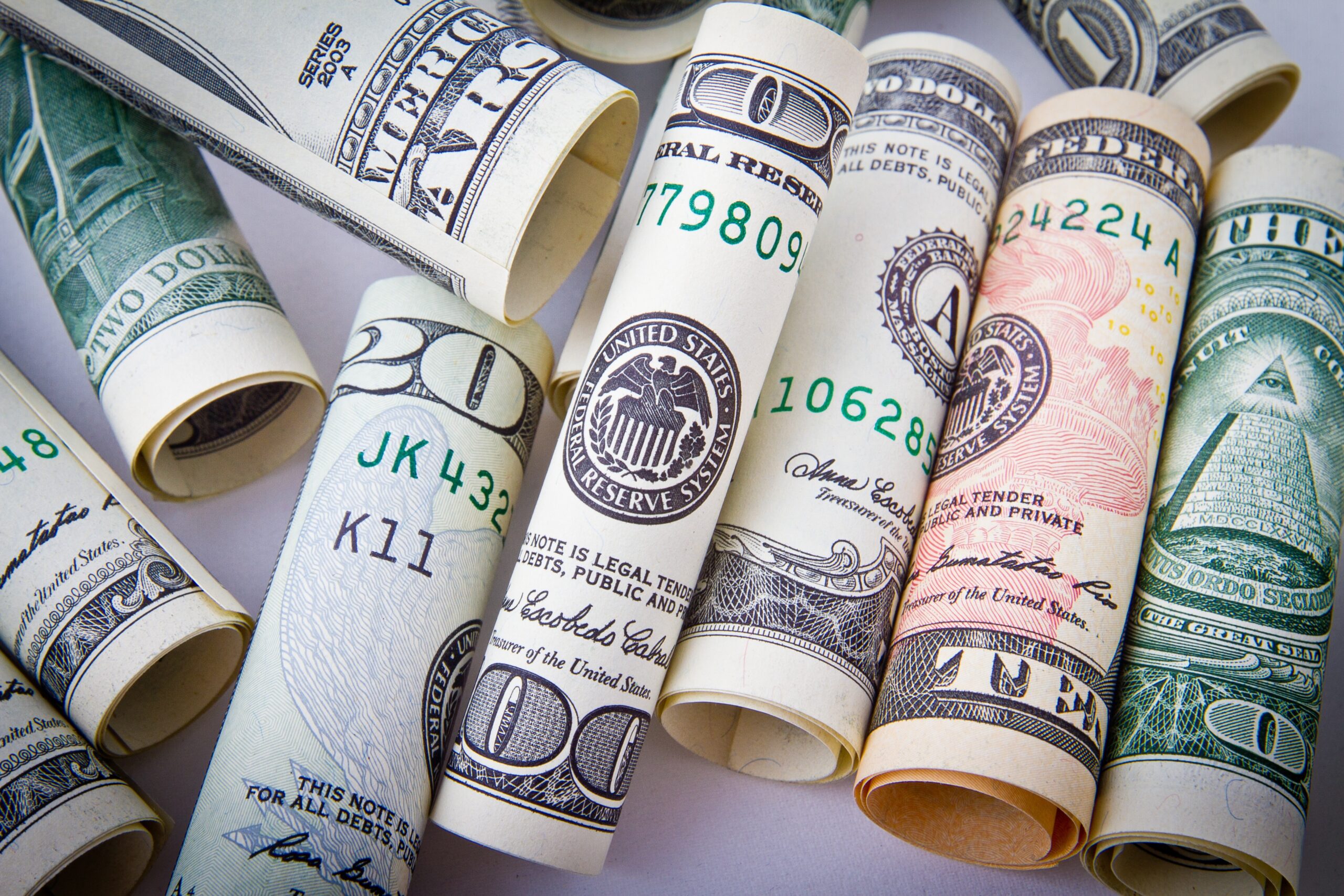
The financial markets have been stormy lately to say the least. It seems like there’s a never-ending supply of bad news related to inflation, interest rates, layoffs and recession. It’s like a worry-wart’s paradise! However, while I don’t believe in blind optimism, I do believe that there are plenty of silver linings to be found.
Philippians 4:8 charges us “Finally, brothers, whatever is true, whatever is honorable, whatever is just, whatever is pure, whatever is lovely, whatever is commendable, if there is any excellence, if there is anything worthy of praise, think about these things.” So I wanted to take the opportunity to point out one of those silver linings – the return of rewarding the saver!
Due to rising interest rates, your assets may potentially provide a greater return. You no longer have to tolerate the insulting 0.01% return on your traditional bank savings account or ignore a bank’s 1099 because the annual interest payment fell short of the IRS’s $10 threshold. Continue reading to uncover our top recommendations for where to deposit your money so it doesn’t start accumulating dust, whether you are weary about the erratic markets or want peace of mind knowing you always have access to your cash!
While large banks like Bank of America, Wells Fargo, and credit unions offer savings accounts, opening a HYSA at an online bank can return far higher interest rates since they don’t have to spend as much on brick and mortar, marketing, and so on. This is not restricted to your personal account; if you own and manage a business or organization that stores substantial quantities of cash, it is a terrific way to keep cash accessible while also allowing it to work for you. You can scan sites like NerdWallet to find some of these options that are paying 4% interest or higher!
The benefits of High Yield Savings Accounts are that they:
The downsides to High Yield Savings Accounts are that they:
While similar in name to money market accounts , a money market fund is more like a mutual fund than a bank account. These are what we use in our clients’ investment accounts to hold the portions of non-invested cash. While not FDIC insured, just about every money market fund to ever exist has never lost value, and almost all are invested in Treasury bonds. Similar to Money Market Accounts, their interest rate will fluctuate up and down with prevailing rates. These rates tend to be slightly higher than High Yield Savings Accounts.
The benefits of Money Market Funds are that they:
The downsides to Money Market Funds are that they:
Certificates of Deposit are familiar to most of us. They offer a guaranteed rate of return in order for locking up your funds over a certain period of time. Rates for these tend to be even higher than Money Market Funds, as they come with the risk of illiquidity – the chance of needing your funds before the ending duration of the CD. However, if you know you won’t need your funds for a specific period of time (e.g. upcoming college tuition or a wedding next year).
The benefits of CDs are that they:
The downsides to CDs are that they:
iBonds are inflation-linked savings bonds issued from the Treasury department. They became quite the rage over the past 12-18 months, with rates at one point at 9.62%! While they have dropped down from those highs, they are still paying a whopping 6.89%. The rate gets reset semi-annually, so if inflation comes down over the next couple of years, the rates on these could drop substantially as well. In the meantime, they offer a very impressive return that is guaranteed by the government.
The benefits of iBonds are that they:
The downsides to iBonds are that they:
As you can see, there are several great options for your extra savings. We recommend keeping at least one month’s operational cash flow needs in your checking account, and then using a High Yield Savings Account or Money Market Fund for your Emergency Fund and those “not sure what to do with” sums. When you don’t expect you’ll need the cash for a while or have a specific time horizon for the funds, CDs and iBonds are excellent choices.
No matter which option you choose, we believe that part of stewardship is being intentional with the funds that God has entrusted to you. No one knows what’s going to happen to interest rates from here, and God’s not expecting you to have a crystal ball into your own life, let alone what the Fed decides to do! Regardless, it’s time to stop hiding wads of cash in your sock drawer and allow your money to work for you without increasing your level of risk!
If you’re not sure which choice is best for you or if you find any of this material beneficial, we’d be happy to help you think through your options and take you through the implementation process. Simply respond to this email, or schedule a meeting at this link.
Hit a reply a let us know what your go-to option for your extra cash is!
BACK TO NEWS